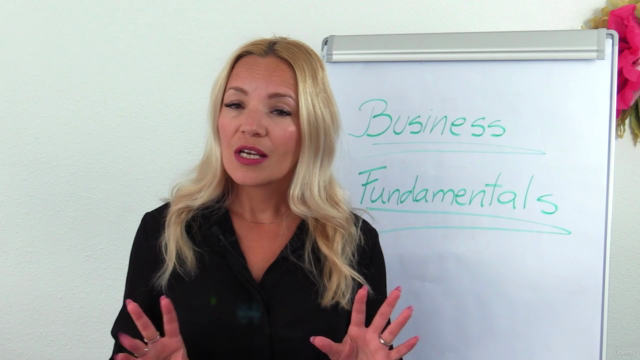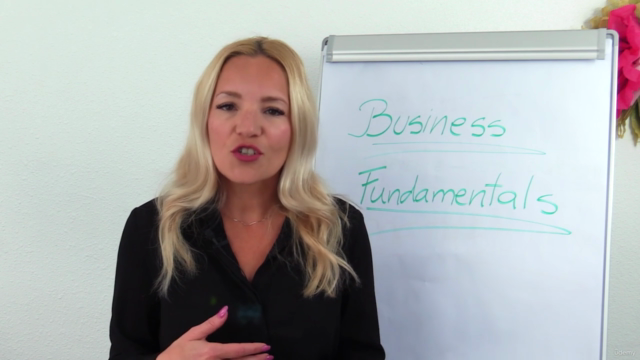Startup 101: Fundamentals for Starting a New Business

Why take this course?
Based on the information provided, it seems you're looking to understand both the tax deductions available to a small business owner, as well as the components of an effective executive summary for a business plan, particularly in the context of a health or life coaching business. Let's break down the two aspects separately:
Tax Deductions for Small Businesses:
For small business owners, such as Jennifer the sole proprietor life coach, there are several potential tax deductions that can significantly reduce the amount of income subject to taxes. Here are some common deductions:
-
Business Expenses: Any ordinary and necessary expenses related to running your business can be deducted. This includes supplies, equipment, marketing costs, and professional services like accounting or legal fees.
-
Home Office Deduction: If you use part of your home exclusively and regularly for business, you may qualify for the home office deduction. This can include a portion of expenses like mortgage interest, utilities, home insurance, and depreciation.
-
Contractor Expenses: If you hire contractors to help with your business, the costs paid to these individuals can be deducted from your income. However, be cautious not to misclassify employees as independent contractors, which can lead to penalties and additional taxes.
-
Health Insurance Premiums: If you are a sole proprietor or a single-member LLC and you have no other job-based health plan coverage, you can deduct your health insurance premiums.
-
Retirement Plan Contributions: Contributions to retirement plans like a SEP IRA, Solo 401(k), or a SIMPLE IRA can be tax-deductible for both the employer and employee portion.
-
Education and Training: Continuing education expenses related to your business can often be deducted as a business expense.
-
Insurance Premiums: Insurance premiums for health, disability, and liability insurance can typically be deducted if they are related to your business.
-
Vehicle Use: If you use your car for business purposes, you may be able to deduct car expenses based on actual costs or the standard mileage rate.
-
Interest Expenses: Interest on business loans and credit card charges can often be deducted.
-
Rent: If you rent office space or equipment for your business, these rental payments are generally deductible.
Executive Summary for a Health or Life Coaching Business:
When crafting an executive summary for a health or life coaching business, it's important to highlight the unique value proposition, the target market, and the competitive advantages. Here are key points to include:
-
Business Overview: A brief description of the services offered by the health or life coaching business and the market need it addresses.
-
Mission Statement: A clear statement that outlines the business's purpose and the impact it aims to have on clients' lives.
-
Products/Services: Detailed information about the specific services provided, how they are delivered, and what sets them apart from competitors.
-
Market Analysis: Insights into the target market, including demographics, psychographics, market size, trends, and demand.
-
Business Model: An explanation of the business's operational structure, revenue streams, and growth strategy.
-
Leadership Team: Information about the founders or key team members, highlighting their expertise and experience in the health or life coaching industry.
-
Financial Projections: A summary of financial forecasts, including projected revenues, expenses, and profitability over a 3-5 year period.
-
Funding Requirements: Details on the amount of capital needed, how it will be used, and the proposed terms for investors or lenders.
-
Exit Strategy: For potential investors or venture capitalists, it's important to outline a clear path for how they might realize a return on their investment.
-
Vision for the Future: A statement about the long-term goals of the business and how it plans to evolve and grow over time.
By focusing on both the practical financial aspects of running a small business and the strategic planning outlined in an executive summary, entrepreneurs like Sanda Kruger can position their businesses for success and growth.
Course Gallery




Loading charts...